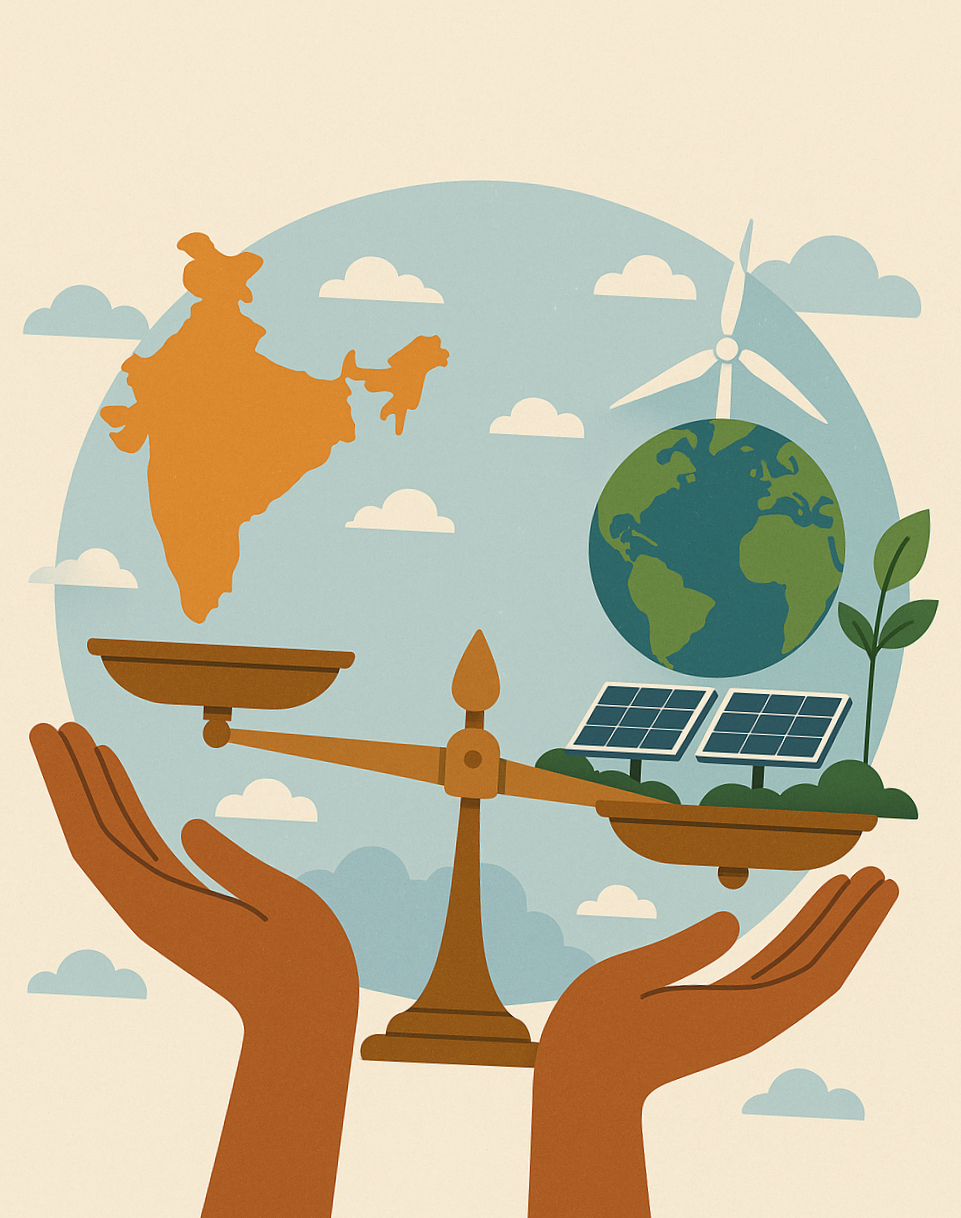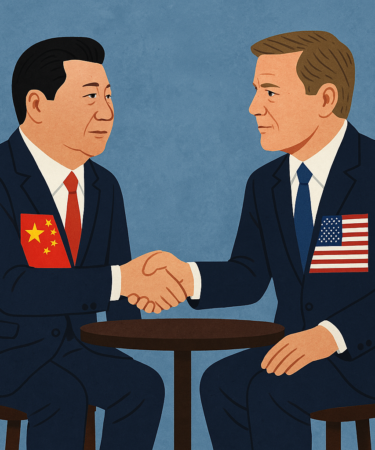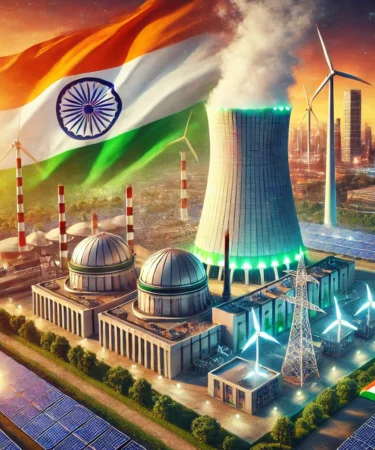Multilateral organizations of all hues and designs abound in the rapidly globalizing international system. All multilateral entities define and redefine their existential purposes, rendering both a spatial and temporal understanding. And, the Commonwealth has always had to fight its colonial image to prove its sustainability with changing times. As an air of obscurity hangs over the Commonwealth group of nations, it needs to prove its mettle in finding the common purpose of thought and action among its member countries.

Re-Aligning Geopolitics in the US-Japan-India Trilateral Dialogue
The Caspian Basin has over the years, evolved as an arena for competition and contest among the great powers. The major imperative behind this constant tussle for control and influence has been the rich yet underexploited hydrocarbon wealth that lay beneath the region. The unsettled legal status of the Caspian Basin notwithstanding, the littorals (particularly the triumvirate comprising Azerbaijan, Kazakhstan and Turkmenistan) have nonetheless depended on outside investment to boost their hydrocarbon sector and improve their economies.

Tatmadaw, Domestic Politics and Elections in Myanmar
The first decade of the twenty-first century has witnessed social movements and citizen action ranging from overthrowing authoritarian governments as seen in Arab Spring to challenging the principles of established governments in the Occupy Movements. There have been attempts at questioning the established order and creating a space for contestation and negotiation by these citizens.

Commonwealth-Relic or the Future?
March 03, 2014 was a different day for China. It definitely was not a usual Monday – because most parents in Kunming, Yunnan were wondering if it would be a good idea to send their children to school that day. Businessmen in the south western province were not looking forward to a new week either, as customers had reduced by about two-thirds the day before and most small businesses had reported a stagnated growth.

Hydrocarbon Transit: Iran’s Reinvigorated Caspian Dream
The World Economic Outlook database, released by the International Monetary Fund on April 14, 2015 has stated that China’s Gross Domestic Product (GDP) growth rate will drop to 6.8 per cent from 7.4 per cent last year. The biggest challenge that China is now faced with however, is not the declining rates of growth but unemployment, which could trigger social unrest.

Long March of the New Citizens: Civil Society and Internal Security in China
Prime Minister Narendra Modi’s visit to Xi’an had fuelled hopes on the Chinese side that India was finally warming up to the ‘One Belt One Road’ (OBOR) initiative. Studious silence on this matter is albeit a reminder that New Delhi’s reservations remain steadfast viz-a-viz OBOR. In this context, how insecurities can be managed and a better economic environment can be created in the region emerges as a burning question.
What is OBOR?

Striking Hard or Striking off the Mark? An Analysis of China’s Uyghur Policy
The Nepal earthquake that struck on 25 April 2015 measuring 7.8 was the worst earthquake since 1934 and resulted in widespread damage in Nepal and surrounding countries of the region. According to “Did You Feel It?” and the responses on the United States Geological Survey (USGS) website, tremors within India were felt as far and wide as Karnataka and Kerala.

Unemployment and Unrest: China’s Internal Stability Concerns from the “New Normal”
The strategy of "Winning hearts and minds" has remained a common factor in the "Global War on Terror" initiated by the Bush Doctrine as well as President Obama’s endeavors abroad. However, the US strategy to counter Al-Qaeda and contain the growth of the Islamic State (ISIS) has largely challenged the concept of “winning hearts and minds”. The extensive use of American air power to attack the Al-Qaeda cells in Yemen and Pakistan, as well as the ISIS targets in Iraq and Syria have faced serious criticisms.

Should India Travel the ‘One Belt One Road’?
The bilateral relationship between India and South Korea has made great strides in recent times. In this regard, India’s economic liberalization in early 1990s and adoption of the ‘Look East Policy’ as well as South Korea’s ‘New Asia Diplomacy Initiative’ has played a vital role.[i] Since 1990s, for almost two decades, New Delhi-Seoul relationship was largely driven by economic factors. The strategic context of it was not harnessed adequately until recent times.

The Role of Technology in Disaster Preparedness: Lessons from the Nepal Earthquake for India
On 18 August, Ministry of External Affairs (MEA) spokesperson announced that the Foreign Secretary-level talks between India and Pakistan scheduled for 25 August had been cancelled. This followed some dramatic developments earlier in the day centred around India’s Foreign Secretary, Sujatha Singh, calling the Pakistan High Commissioner, Abdul Basit, and advising him that the Foreign Secretary-level talks will be cancelled if he went ahead with his meeting with the Hurriyat leaders. Eventually, Basit settled for talking to them instead.









